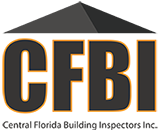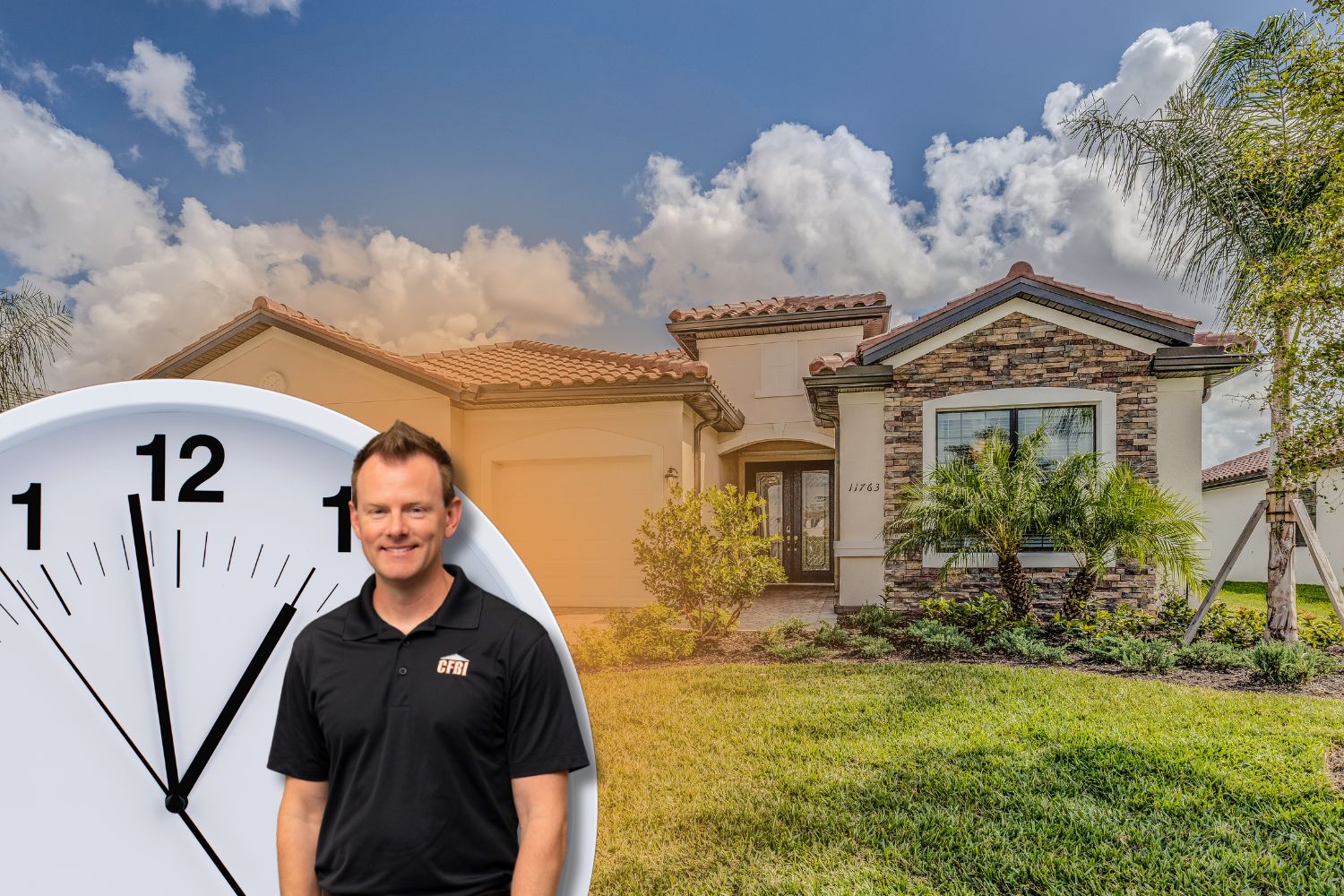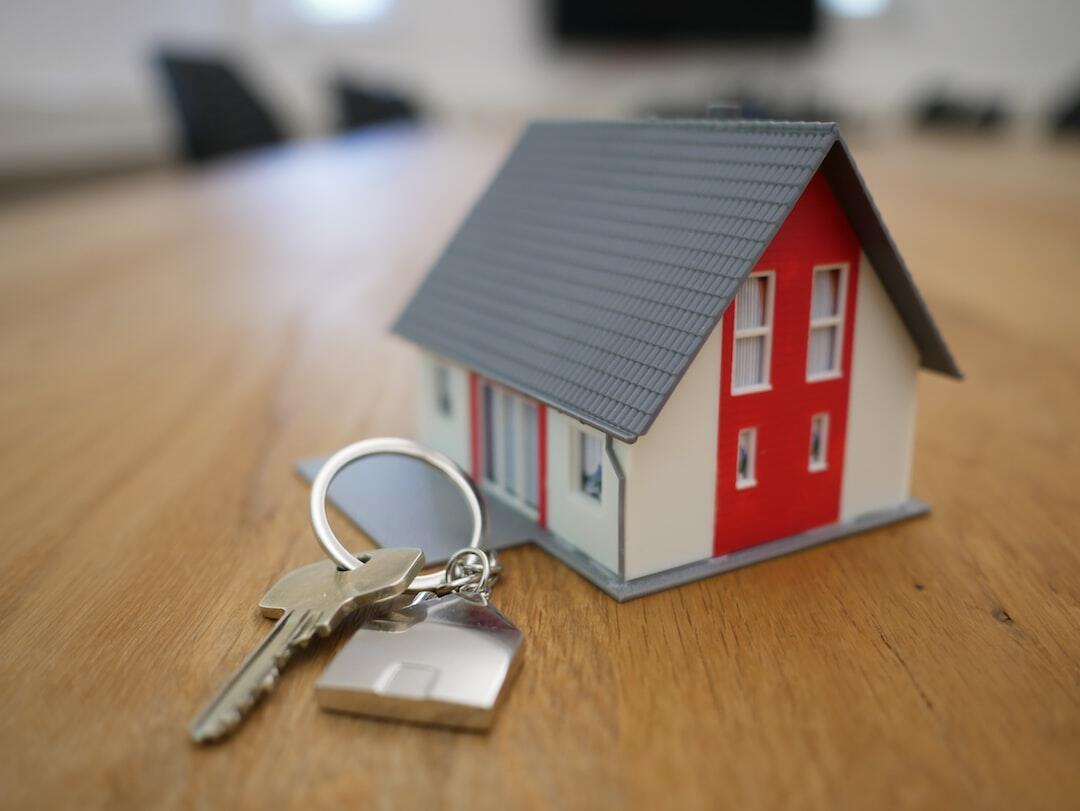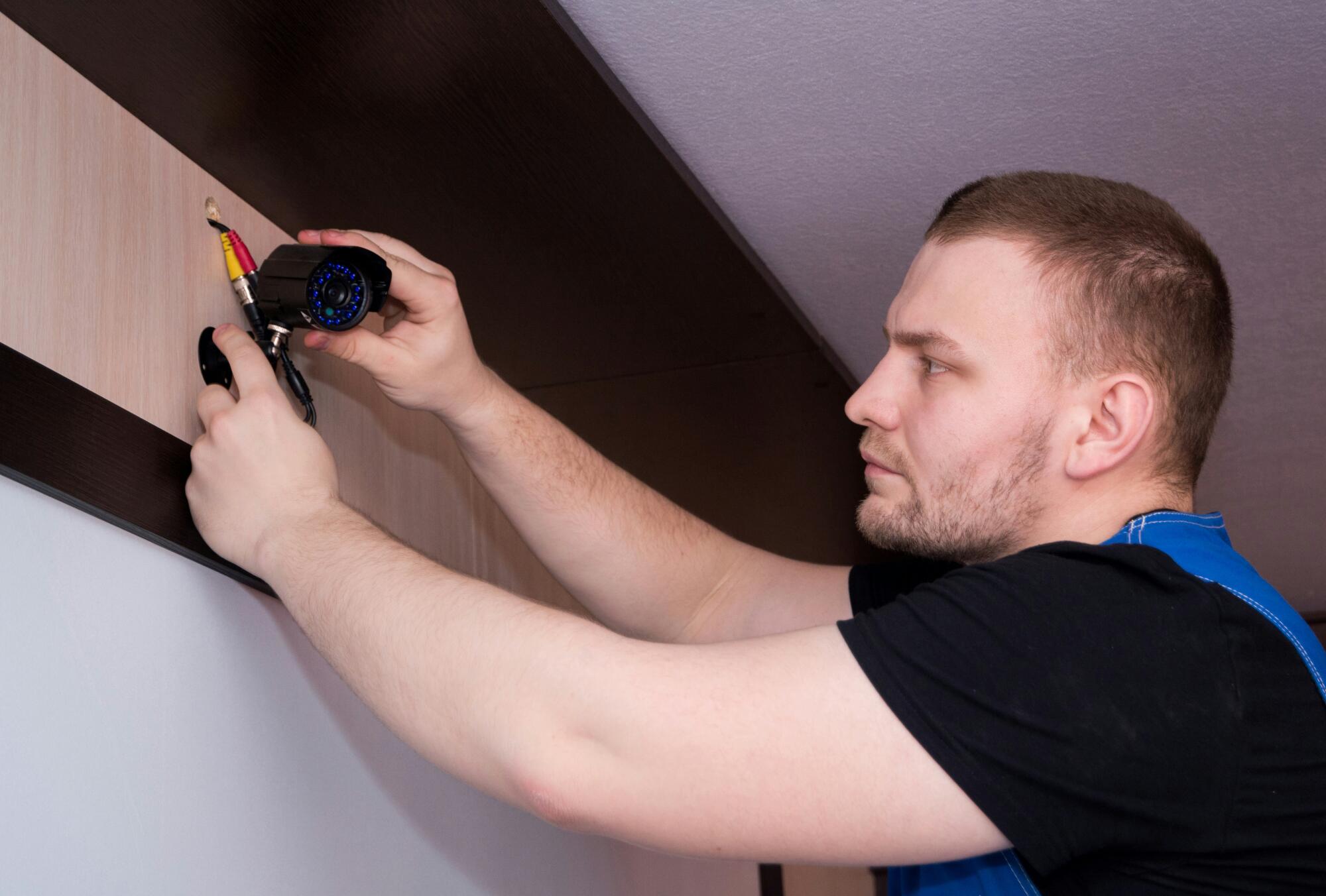Whether you’re doing a pre-listing home inspection or preparing for a pre-purchase inspection, you need to be ready. So, just what does a home inspection look for?
Answering this isn’t as easy as it might seem since you’re really asking, “what do home inspectors look at?”
Home inspectors can’t look at everything in a house, so there are some standard areas that need the main focus.
Inspectors hone in on things that are common problem areas or tend to need repairs. We’ll discuss what these are and how home inspections typically proceed.
What Happens During a Home Inspection?
What’s covered in an Orlando home inspection can vary a little from one business to another, but there are lots of common things that get looked at. Our home inspector will check the following parts of a home:
- Insulation
- Framing
- Exterior Walls
- Foundation
- Ventilation
- HVAC (Heating & A/C)
- Ductwork
- Kitchen & Appliances
- Plumbing
- Water Heater
- Electrical
- Fireplace
- Siding & Trim
- Interior Components
- Doors & Windows
- Smoke Detectors
- Driveway & Sidewalks
- Landscaping (as it relates to structure)
- Gutters
- Roof & Roof Covering
Most home inspections are considered “non-invasive” in that the inspector can’t look very far beneath the surfaces of what she’s checking. For example, if there are termites or rodents in the walls, they aren’t likely to be discovered without a special check.
Services such as mold or radon testing can sometimes be performed by a home inspection service for an extra fee as well.
What Does a Home inspection Look For?
There are certain problems a home inspector will be especially on the lookout for. These could be potential health hazards, signs of possible structural damage, or poorly functioning home systems.
Signs of Mold or Water Damage
Not only are these damage in and of themselves, but they could also be health hazards or signs of larger problems.
Roof and/or Chimney Damage
A roof protects us from all sorts of weather conditions—any of which can cause a great deal of wear and tear, but how often do we ever inspect our roof areas for damage?
An Outdated or Inadequate Electrical System
If your house has a fuse box, this should be replaced soon. If there are circuit breakers that can’t accommodate today’s electrical needs, these might need to be upgraded.
Dampness in the Basement or Crawlspace
This one is obvious, especially if it’s in the basement. There’s likely to be mold and there’s a possibility of foundation damage as well.
A Foundation Needing Repair
Any concerns with the foundation, such as cracking or crumbling, need attention.
Well-Functioning Home Systems and Major Appliances
The HVAC, plumbing, and electrical systems all need to be in good working order. Larger appliances also need to be functional and will remain with the house when it’s sold.
Simple Repairs that Haven’t Been Done
These could include insufficient weather-stripping on doors and windows, minor wall or ceiling cracks, a dripping faucet, non-GFCI outlets in bathrooms or kitchens, a bathtub needing caulking, or various other things.
Remember What to Do Before Inspection
Small repairs should be taken care of as a courtesy. However, your very first concern—even before the home inspection and before potential buyers see your home—should be making it clean and presentable.
Remember, a bad first impression is a lasting first impression—and that can be hard to undo!
When you ask “what does a home inspection look for?” and need some help, you need to keep this in mind.
If you’re looking for a good Orlando home inspection service, be sure to take a look at our customer reviews. If you hire us, we’ll do our best for you so that your positive review can be added to all the others!










